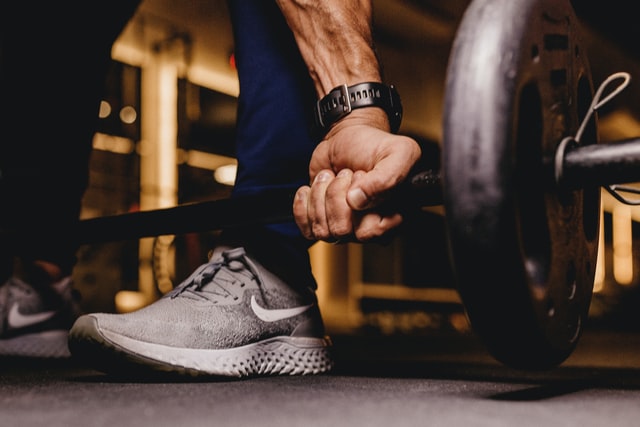Beta-alanine is a very common ingredient in pre-workout performance supplements, and many people use it. If you have taken supplements that include beta-alanine, you might have found that you have experienced something commonly known as the “beta-alanine itch.” This is an itching sensation that spreads across your shoulders, neck, and arms, starting about 15 minutes after you take the supplement and continuing for half an hour or so. If you have experienced this, you might be wondering: why does beta-alanine make me itch? Should I be worried about this? Let us take a look at the science behind the beta-alanine itch and answer all your questions.
Why Does Beta-Alanine Make You Itch?
Beta-alanine is a common ingredient in pre-workout supplements for athletes and bodybuilders because of its ability to enhance your stamina and capacity for longer exercise sessions and better muscle building. This amino acid combines with histidine in your body to produce a dipeptide called Carnosine, which slows down the production of lactic acid when you exercise, allowing you to keep going for longer before you start to feel the burn. That is a great advantage, but it also often causes the beta-alanine itch, which is a nuisance.
When you take beta-alanine, the chemical activates some of your neurons, triggering a tingling, itching sensation in your skin. There is nothing actually happening to your skin, but your neurons think there is and give an itching sensation – this experience is known as “paresthesia.” It is a very common reaction to several ingredients in workout supplements, and different people experience this sensation to different levels. For some people, it is a minor tickle, while others experience a powerful itching sensation. There is nothing to worry about, though – although you may find that the sensation is unpleasant enough that you do not want to use supplements containing beta-alanine.
Should You Be Worried About The Beta-Alanine Itch?
Good news: according to studies by the National Institute of Health, there are no dangers to the beta-alanine itch. It will not cause any other problems, and it is not a sign of any greater issues. The itch is exactly what it seems like: just a regular old itch! The same goes for the similar itch that can be caused by Niacin, another common ingredient in pre work out supplements. So, if you are itching after a workout, do not worry about it too much! It is annoying and uncomfortable, but it is no more worrying than that.
Can The Beta-Alanine Itch Be Prevented?
The beta-alanine itch can’t be definitively and completely avoided, but that unpleasant itching sensation of paresthesia can be reduced a bit, which might make a big difference to your levels of comfort after your workout. The best way to do this is to reduce the amount of beta-alanine you consume in any one session. But how can you do that without losing the benefits of beta-alanine dosing?
Well, there are two main options. Firstly, you can try taking several smaller doses of beta-alanine across the day. This will give you the same overall levels of Carnosine in your body at the end of the day, but you will not be taking in enough beta-alanine to cause much of an itch in any one dose.
Alternatively, you could try using a sustained-release beta-alanine product instead of your normal pre-workout supplementation. These products are designed to slowly release beta-alanine into your body from a single dose, giving you a high total intake of beta-alanine without any particularly high spikes at any point during the day.
Is Beta-Alanine Safe?
In short: yes! The beta-alanine itch is not going to cause any other issues, and the benefits of beta-alanine dosing for athletes can be very significant. If the itch is too bad for you to bear, you might not want to take beta-alanine, but you are not going to be putting your life at risk by taking beta-alanine supplements.
Other Beta-Alanine Side Effects
Some more good news for you here: there are no other side effects of beta-alanine currently on record. The itch is the only recorded side effect of this amino acid, so there is nothing to worry about when dosing with beta-alanine.
*collaborative post



































